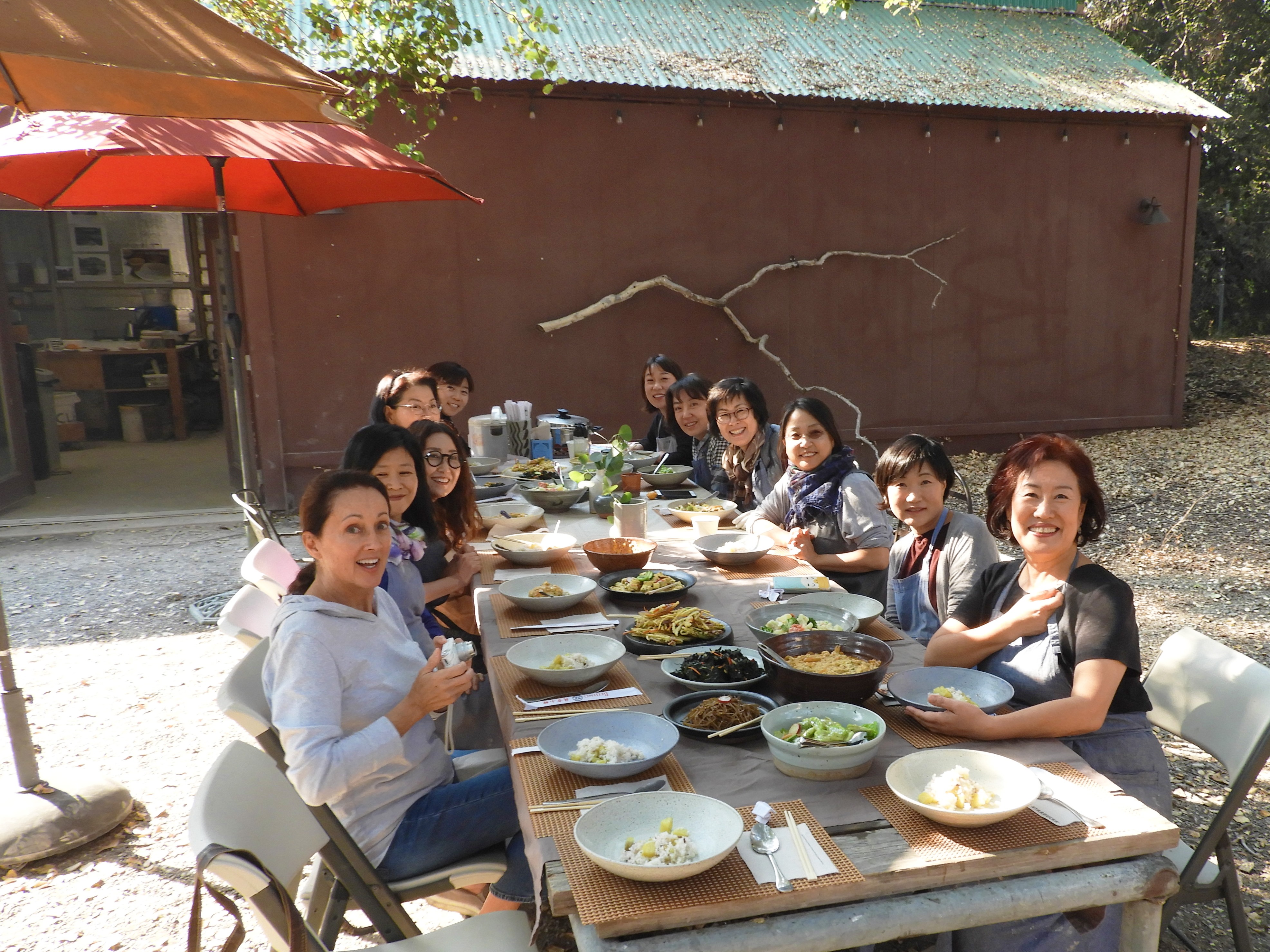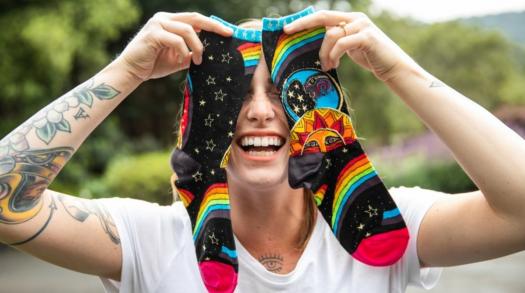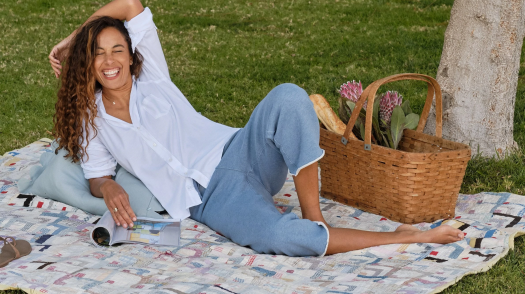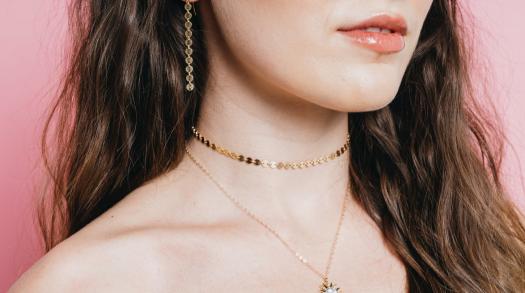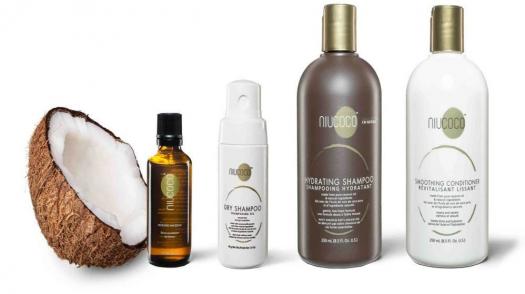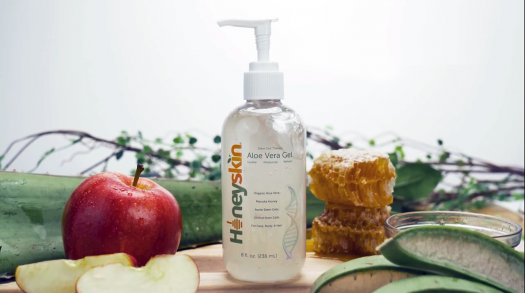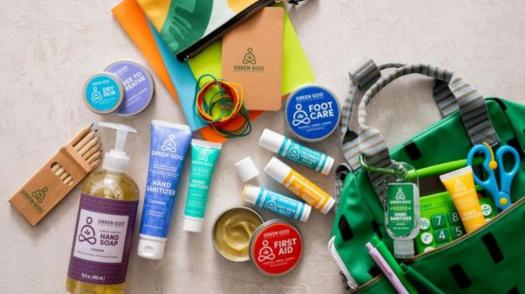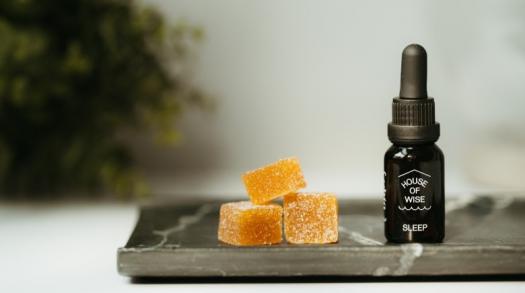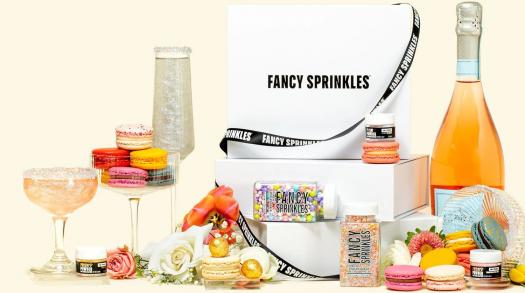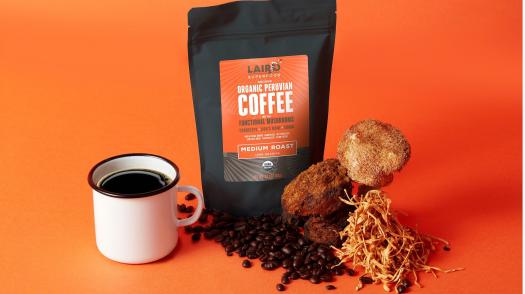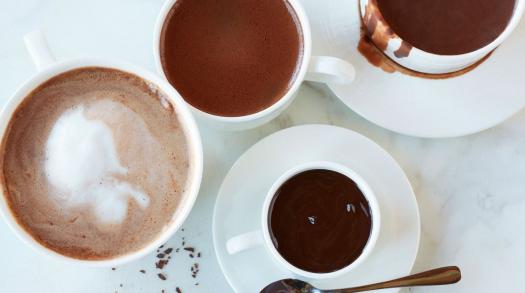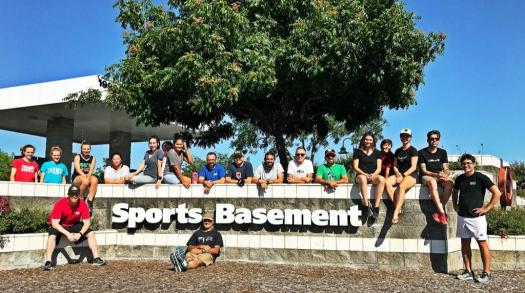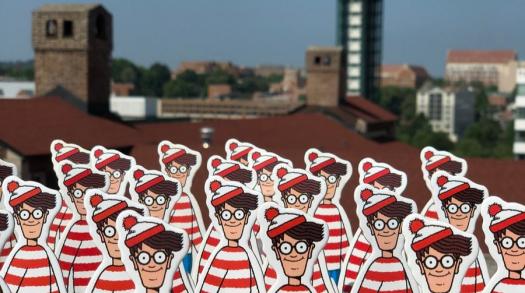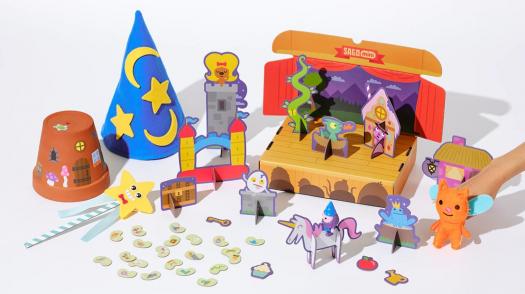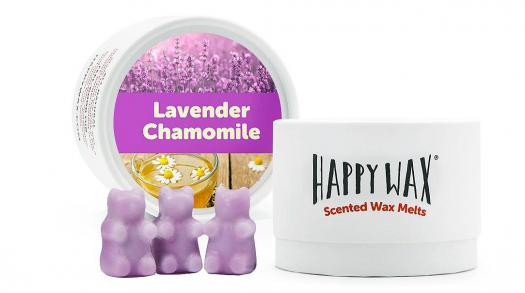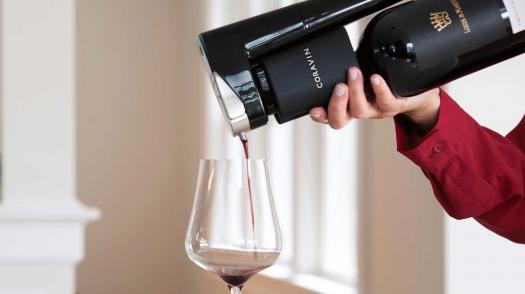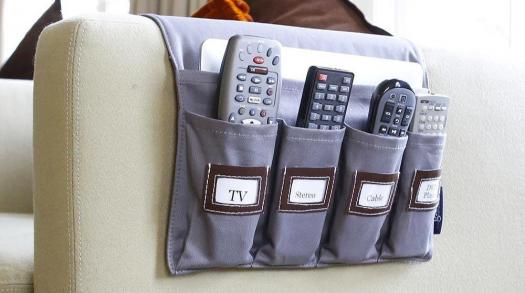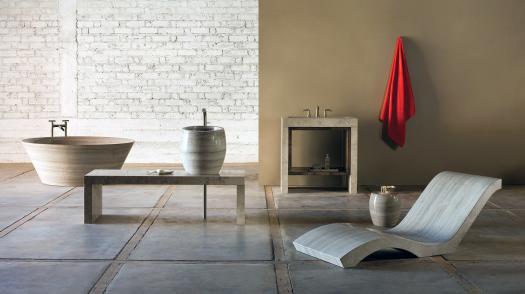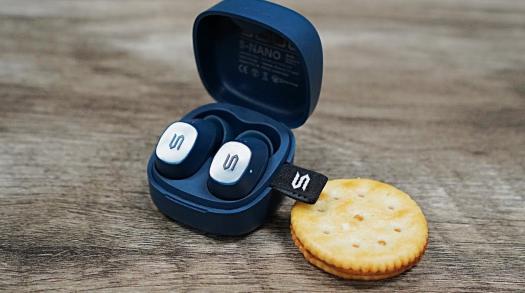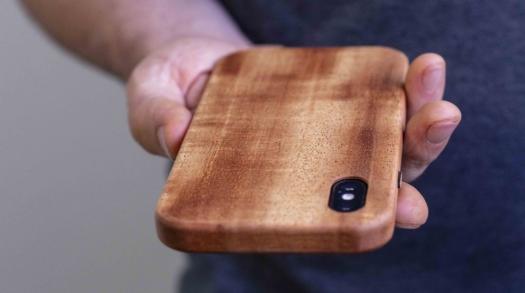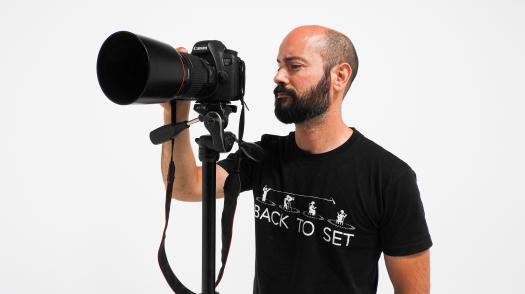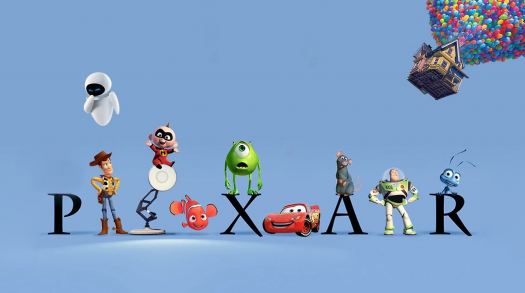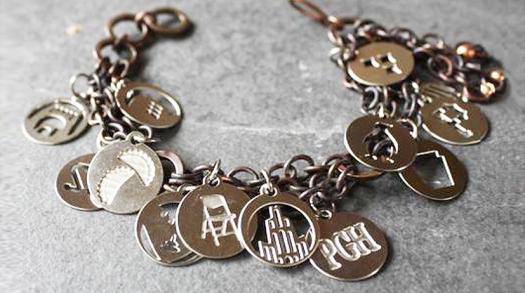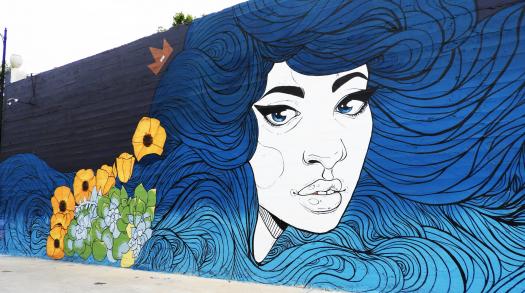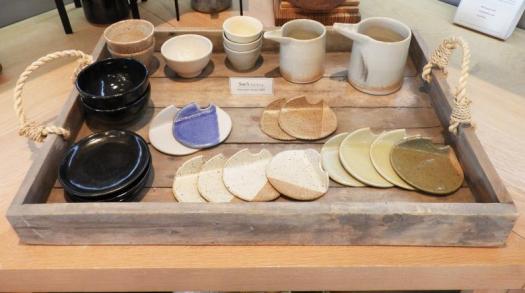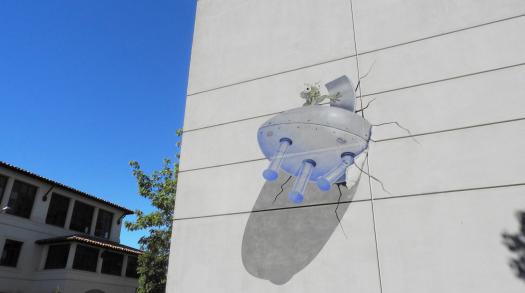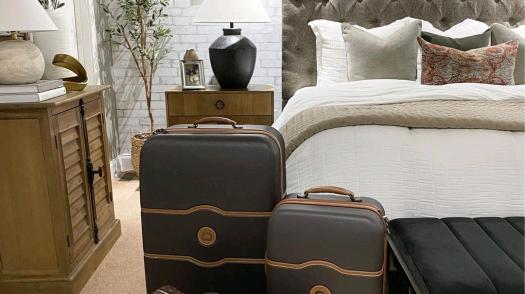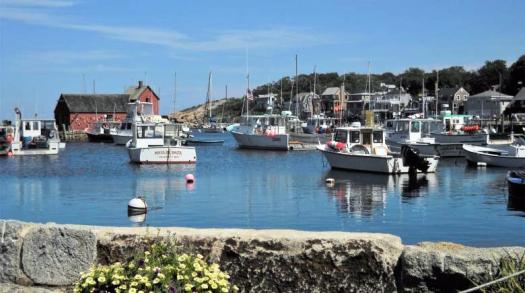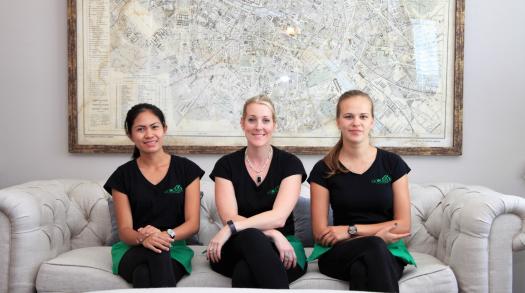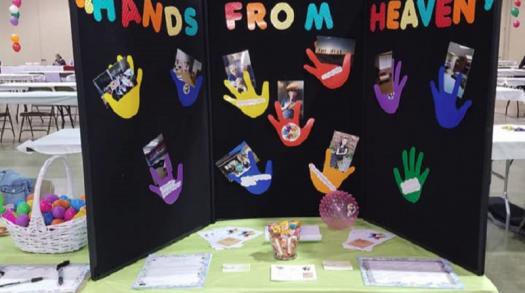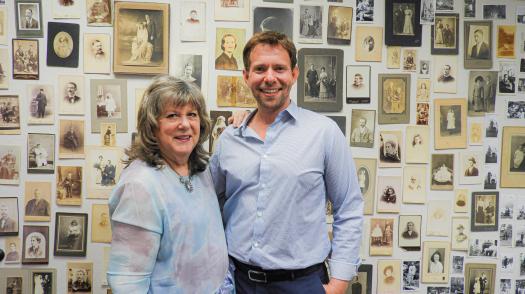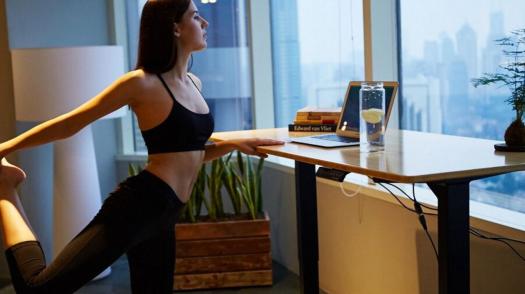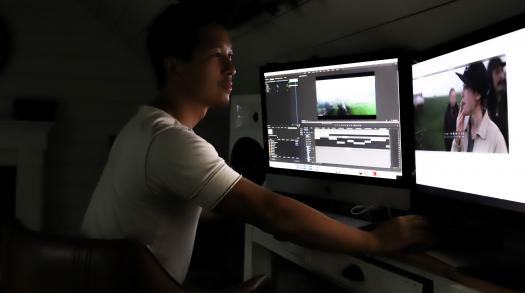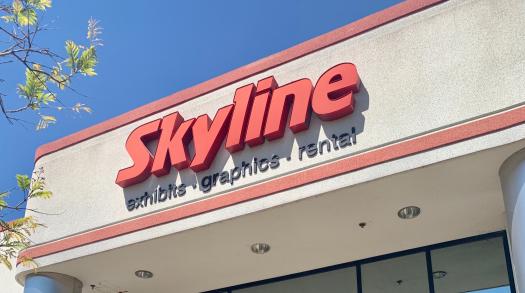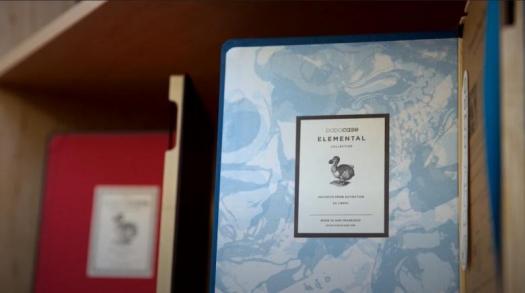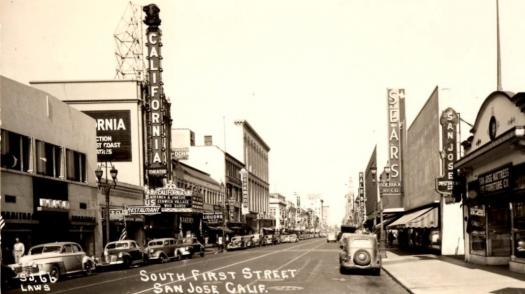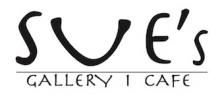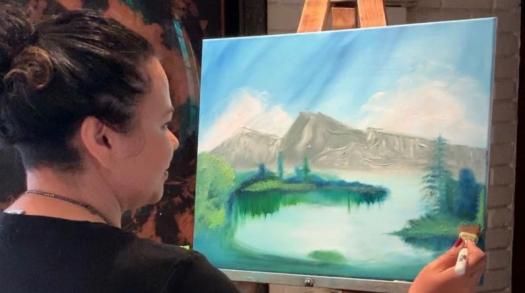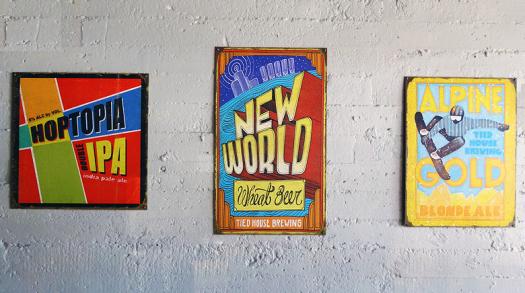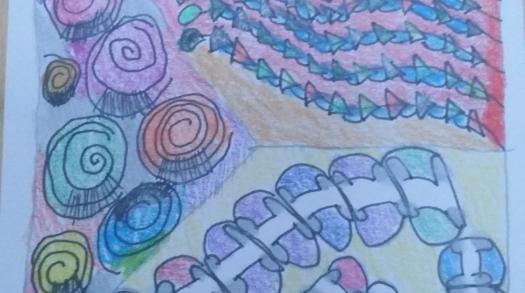Korean Potter is Shaping Ceramics Culture in San Jose & the South Bay
Bay Area Artist & Ceramic Instructor Inspired by Californian & Korean Ceramic Culture
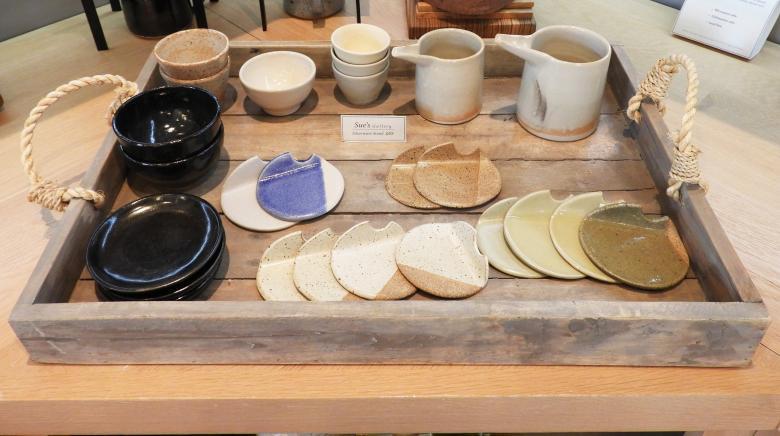
The Story of One Silicon Valley Potter's Passion for Handmade Ceramics
Like the Greek statues of an art museum, ceramic pottery at Sue’s Gallery Cafe pose confidently on the shelves, boasting of tasteful curves and strong edges bestowed by their maker’s steady hands. It’s hard to imagine these elegant handmade cups, bowls, plates, and vases as ever having been formless blobs of clay. But if you travel across town to a cozy russet-red studio located near the Almaden Expressway, you will unearth their place of origin as well as their creator.

Sue's San Jose Studio
Welcome to Sue Kang’s studio. It’s a little like walking into a life-sized step-by-step diagram of the pottery making process. Rack upon rack of ceramics at all stages of completion are stacked in tidy rows.
Not all of the work is Sue’s. She instructs studio members in the entire mindful process: kneading the clay into a homogenous mass (a technique called wedging), pressing and pulling the clay on the potter’s wheel to sculpt the body of the dishware, trimming and surface designing, drying, bisque firing in the first kiln, coating sides with a glassy sheen called glazing, and finally firing in a second kiln.
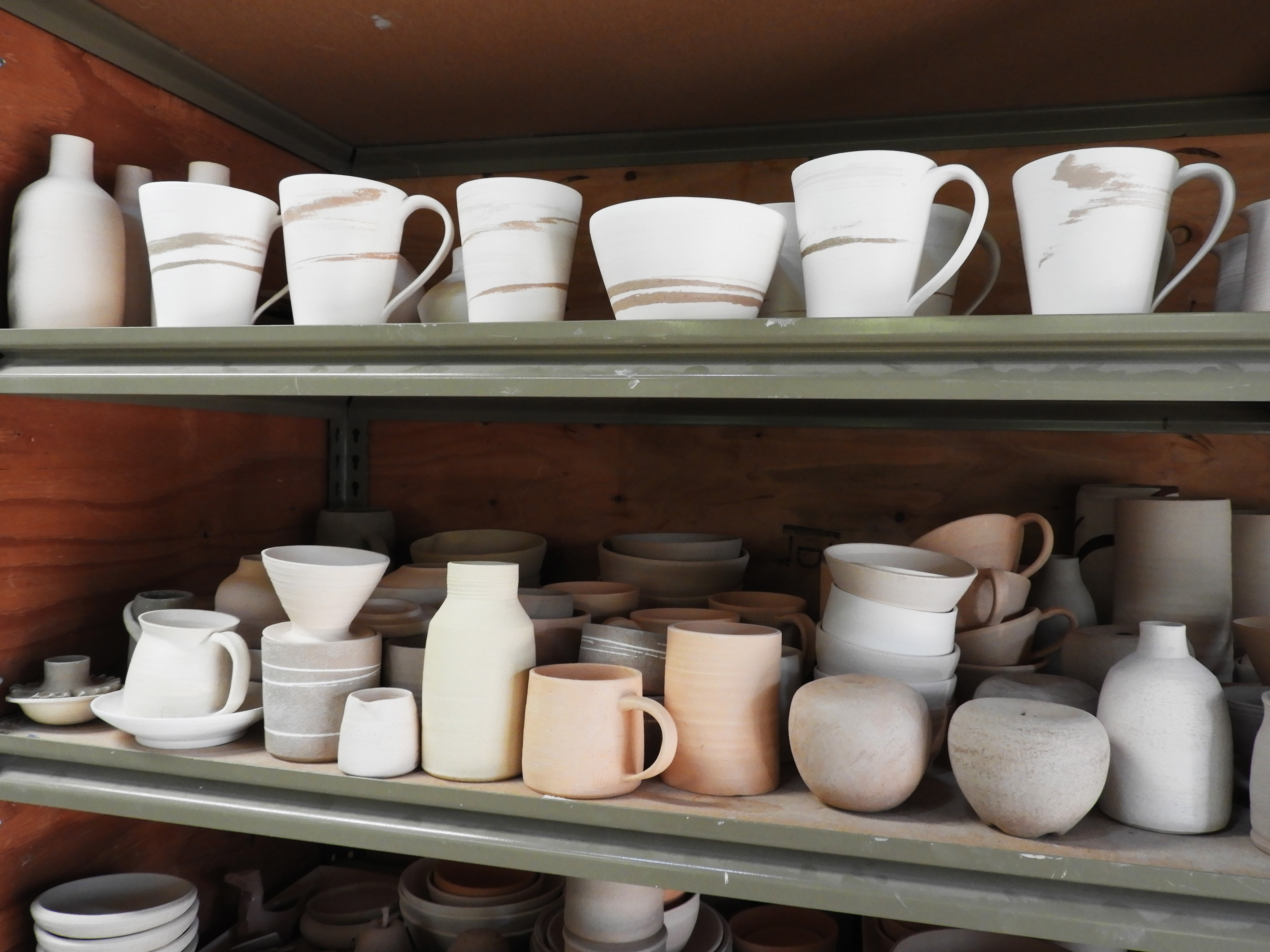
Sue's Inspiration
Sue soaked in the presence of the masters as the previous Treasure and Restoration Specialist at National Museum of Korea. As she passed the flawless craftsmanship of their expert fingertips daily, and as she worked to re-piece ancient artifacts sculpted a flurry of centuries in the past, the artform began to rub off on her. “It was my first time to actually look, hold, touch, and feel centuries old treasures,” Sue describes. From there, she formed a vision: conceive modern functional ceramics inspired by ancient counterparts.
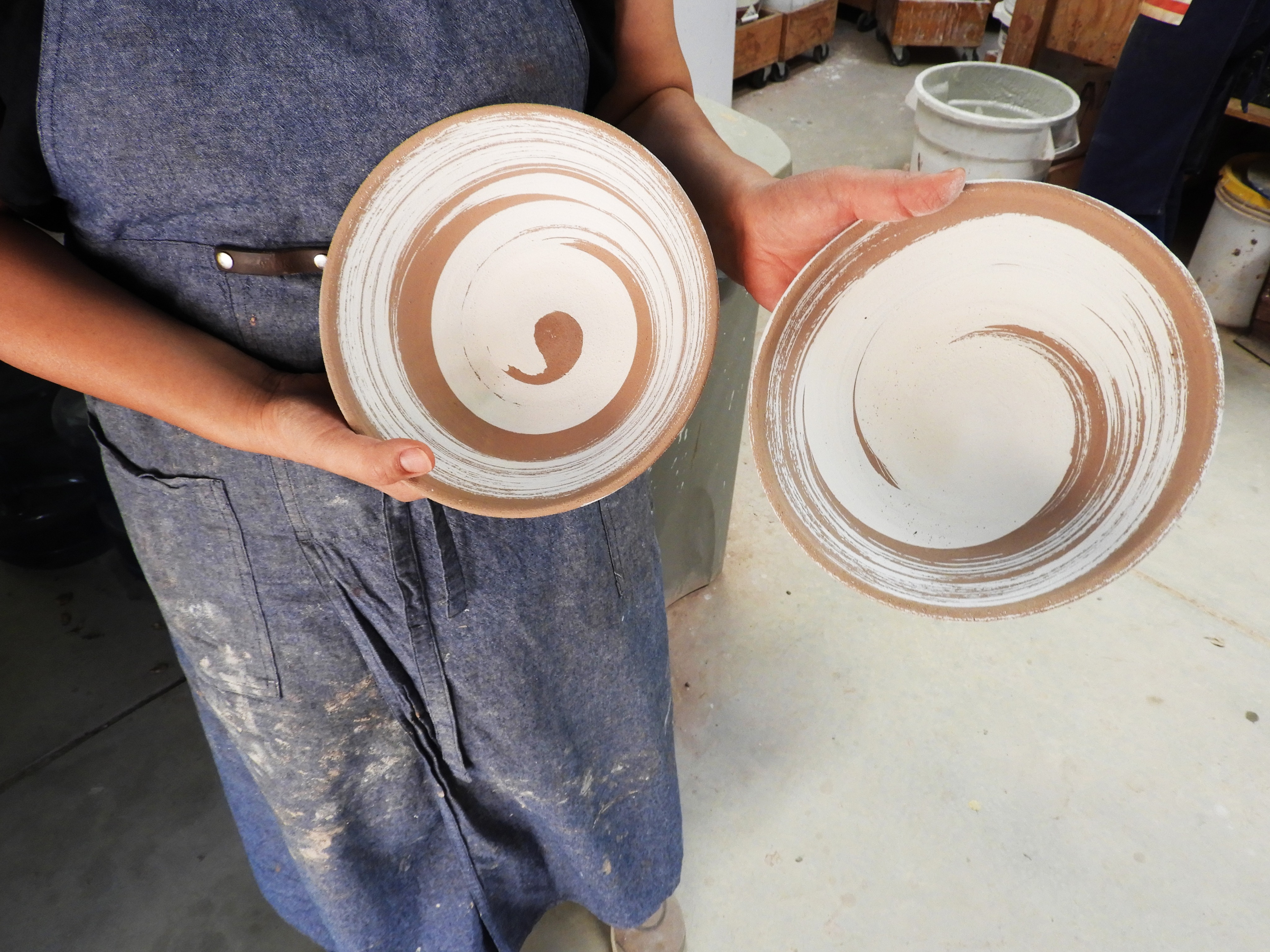
Compared to other mediums like painting or photography, pottery is much more hands-on. It can be presented as a visual art, but it can also be employed for practical uses. This duality has been observed for centuries. For example, Korean celadon—pottery coated in sleek glazing the color of pale jade—served as both artwork and practical dishware at the palace during the Koryo Dynasty.
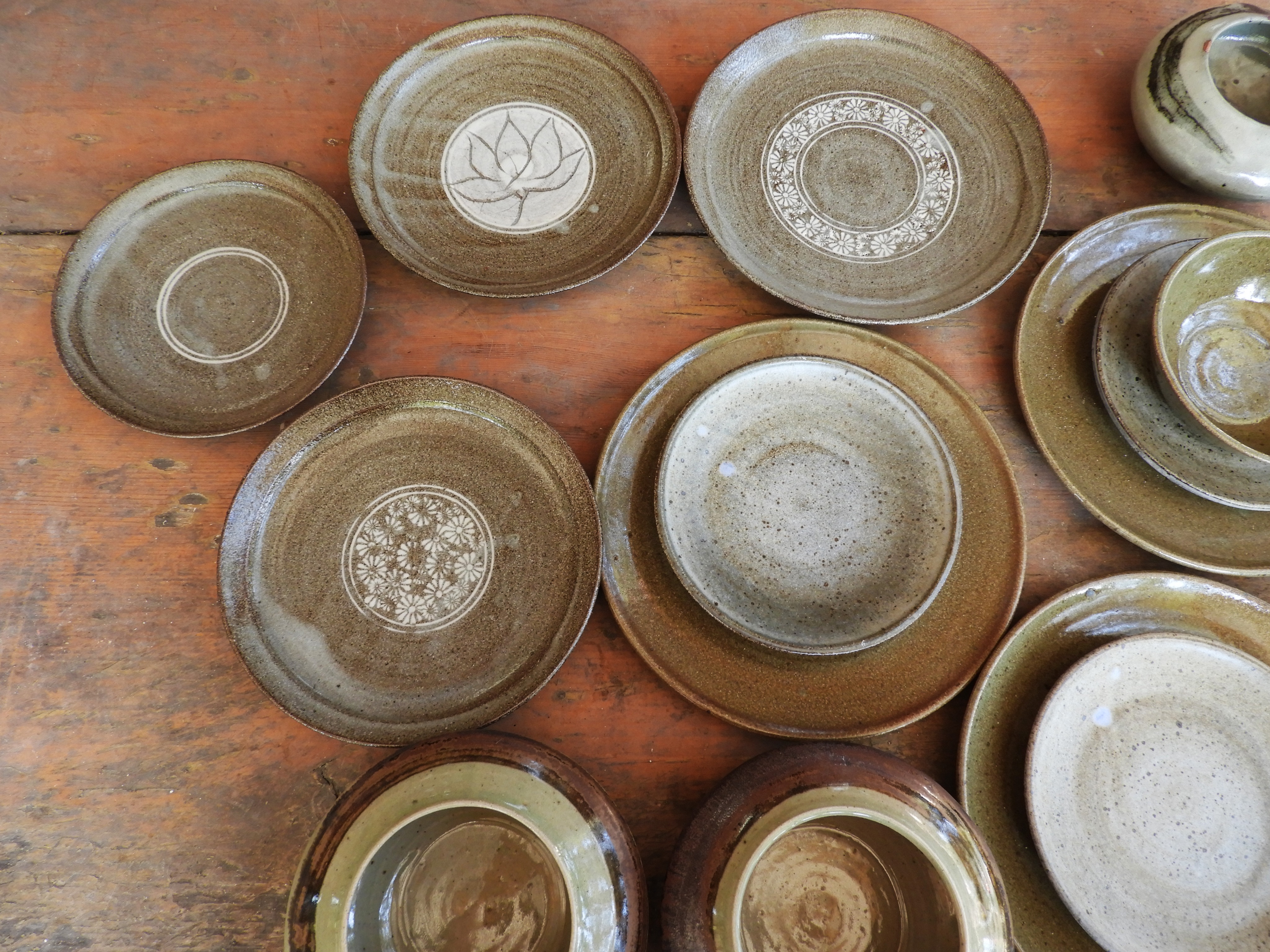
Sue Discovers an Affinity for Teaching
After her years at the museum, Sue discovered an aptitude and affinity for teaching ceramics as an instructor at Hanyang University, one of the leading private research universities of South Korea. She was soon training in everything from sgraffito technique (scratching through the surface to reveal the lower layer of contrasting color beneath) to faceting (using a wire or knife to slice facets into the clay rather than leave the surface smooth).
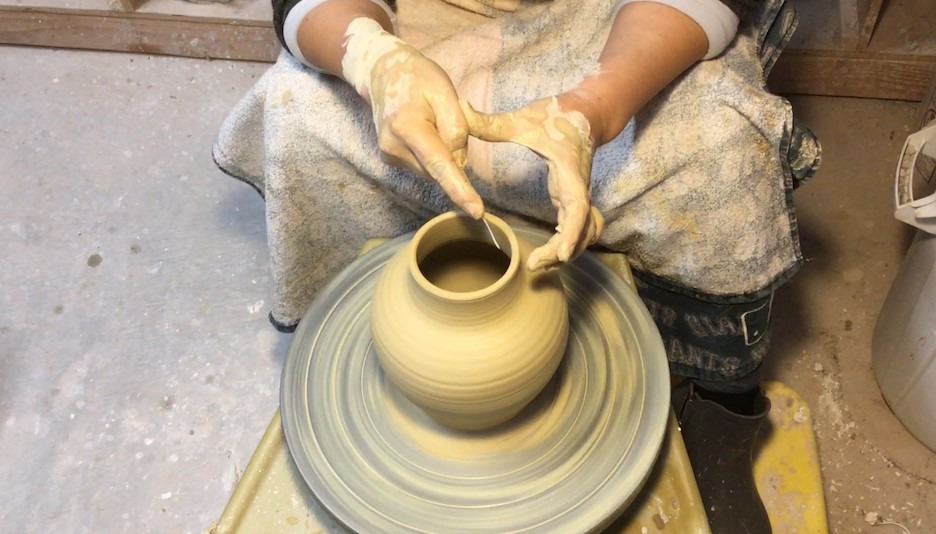
These days, Sue can be found teaching Korean and Californian ceramic traditions out of her San Jose studio and at Montalvo Arts Center. Unlike the exacting structure of college courses, she now has flexibility to instruct in what she refers to as “kitchen classes,” ceramics that are as functional as they are lovely. “They come to me as novices who have never touched the clay before,” Sue says. “Then they slowly fill their kitchen and dining table with the vessels they create.” It’s a gratifying transformation.
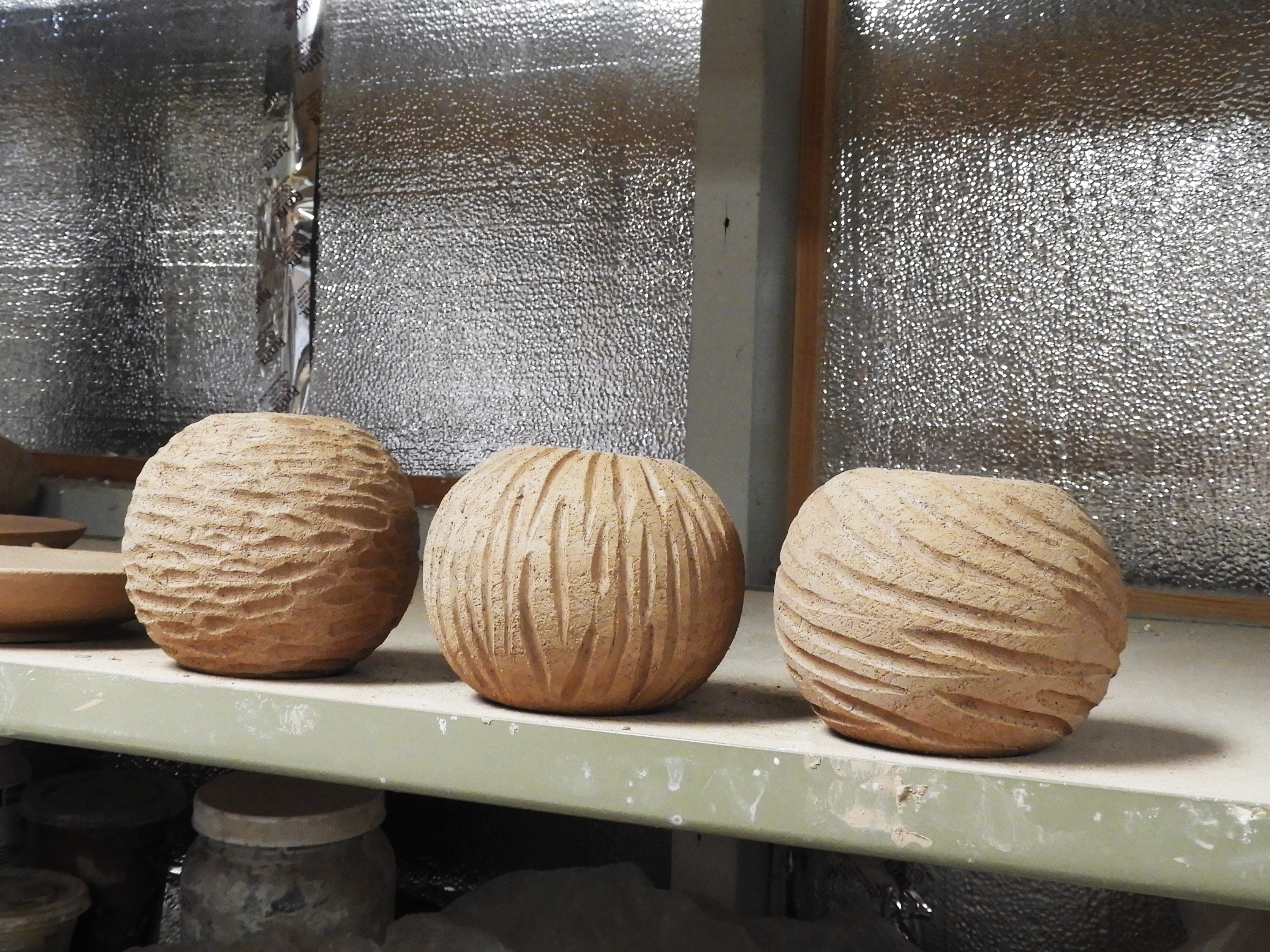
How Sue is Forming a Ceramics Community
Sue is particularly affectionate of her studio members, some of who have been coming to her for over a decade. This tight-knit community of Korean women was the result of a word-of-mouth chain reaction—meaning a typical class is now comprised of about 10 friends. After hard work over the pottery wheel, everyone gathers around a long table for a meal. Each contributes a traditional Korean dish served in her own handmade bowl. The result is a feast as deliciously aesthetic as it is mouth-watering, something seemingly scooped straight from the pages of a culinary magazine.
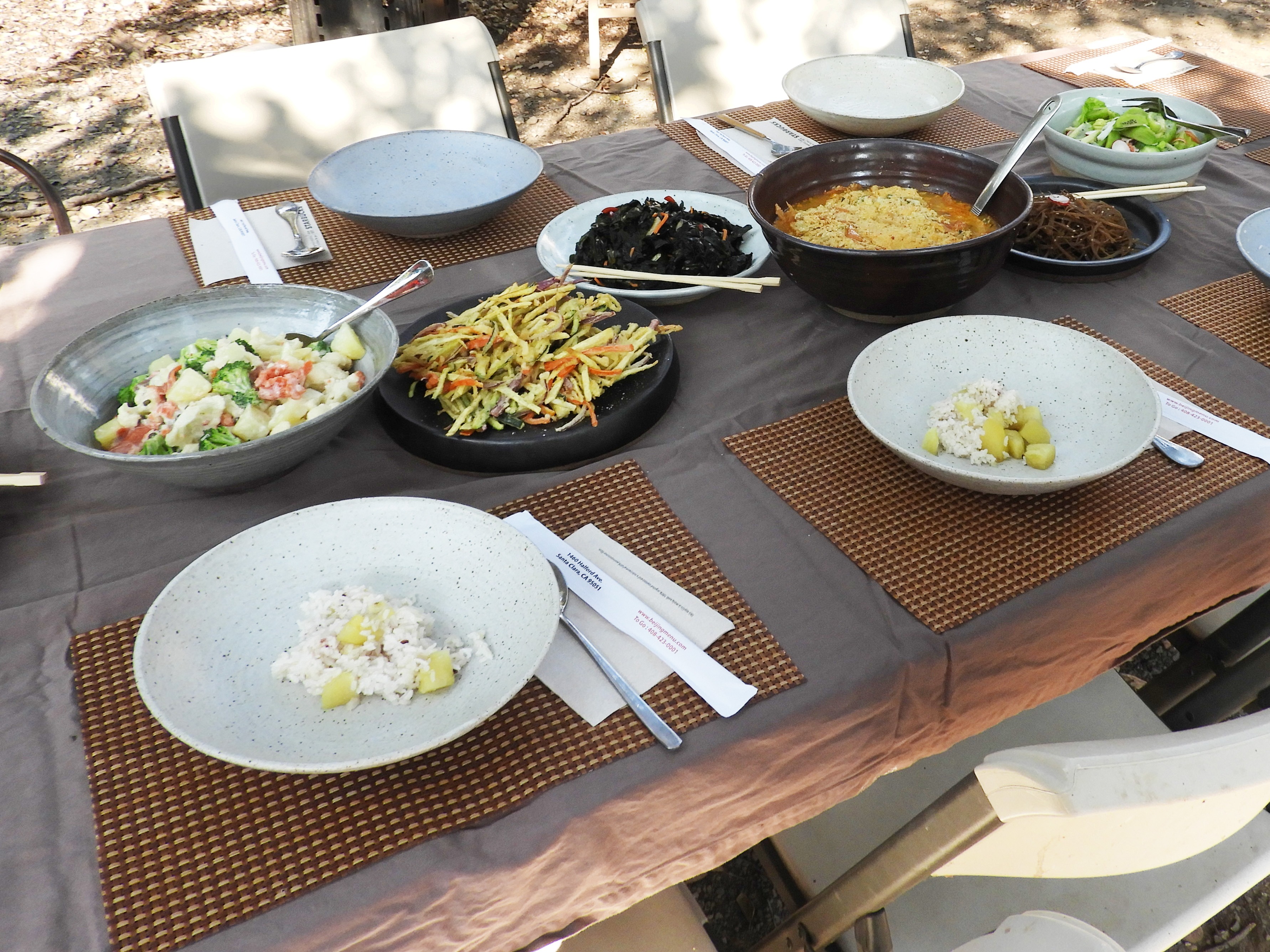
Where to Find Sue's Work
Although Sue’s lessons on the art of clay are in high demand, she still reserves time to fashion her own ceramics. At Sue’s Gallery Cafe in Saratoga (the coffee shop she runs with her husband), her tasteful vessels serve steaming cups of coffee to cafe frequenters and stock the shelves of the shop’s gallery section. From there, her work finds its way into the kitchens of strangers and the hands of cafe frequenters. “The very thought makes me excited,” Sue enthuses.
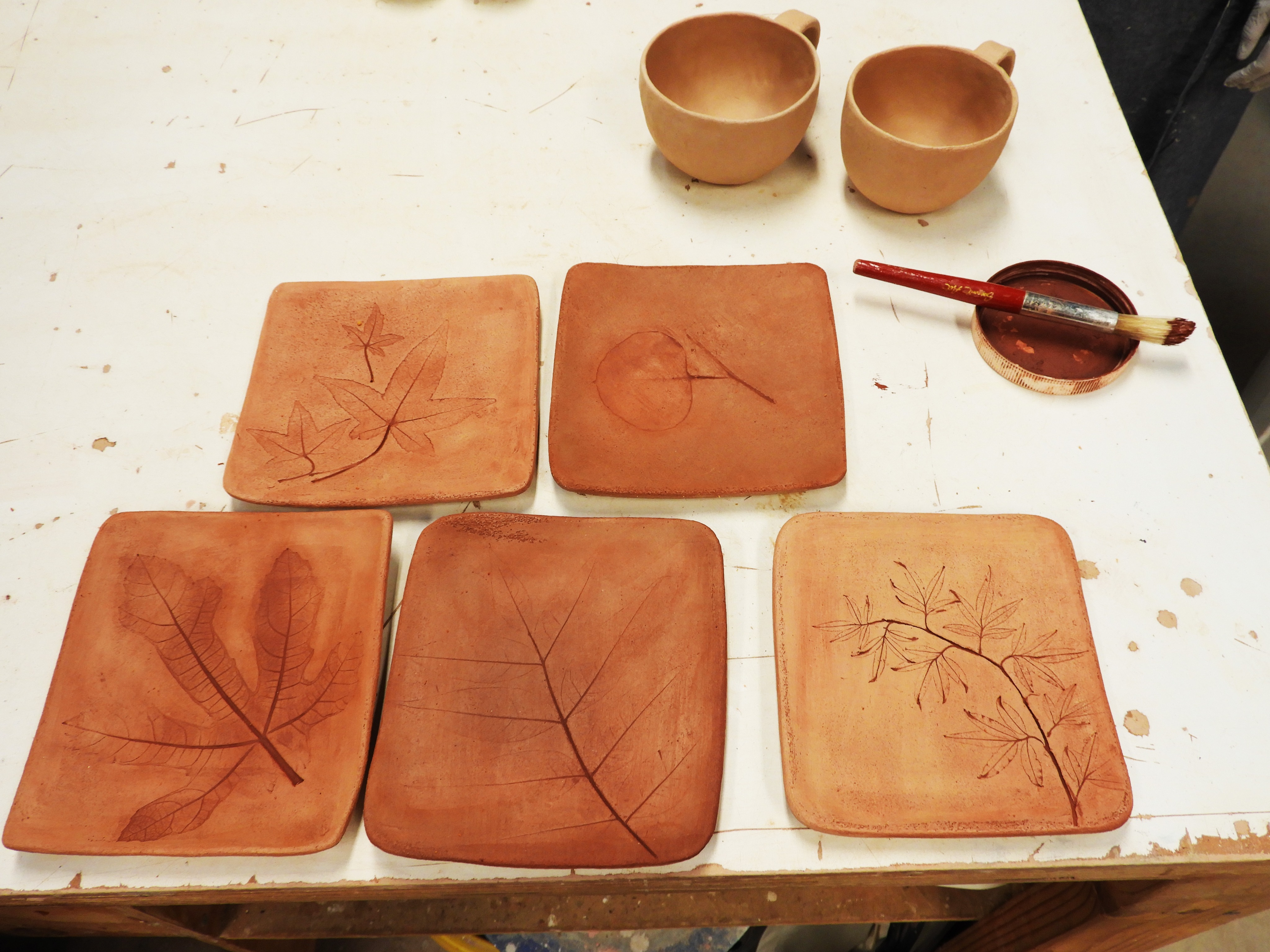
Interested in Sue's Classes?
For Sue’s Montalvo Arts Center classes, check out their website.
